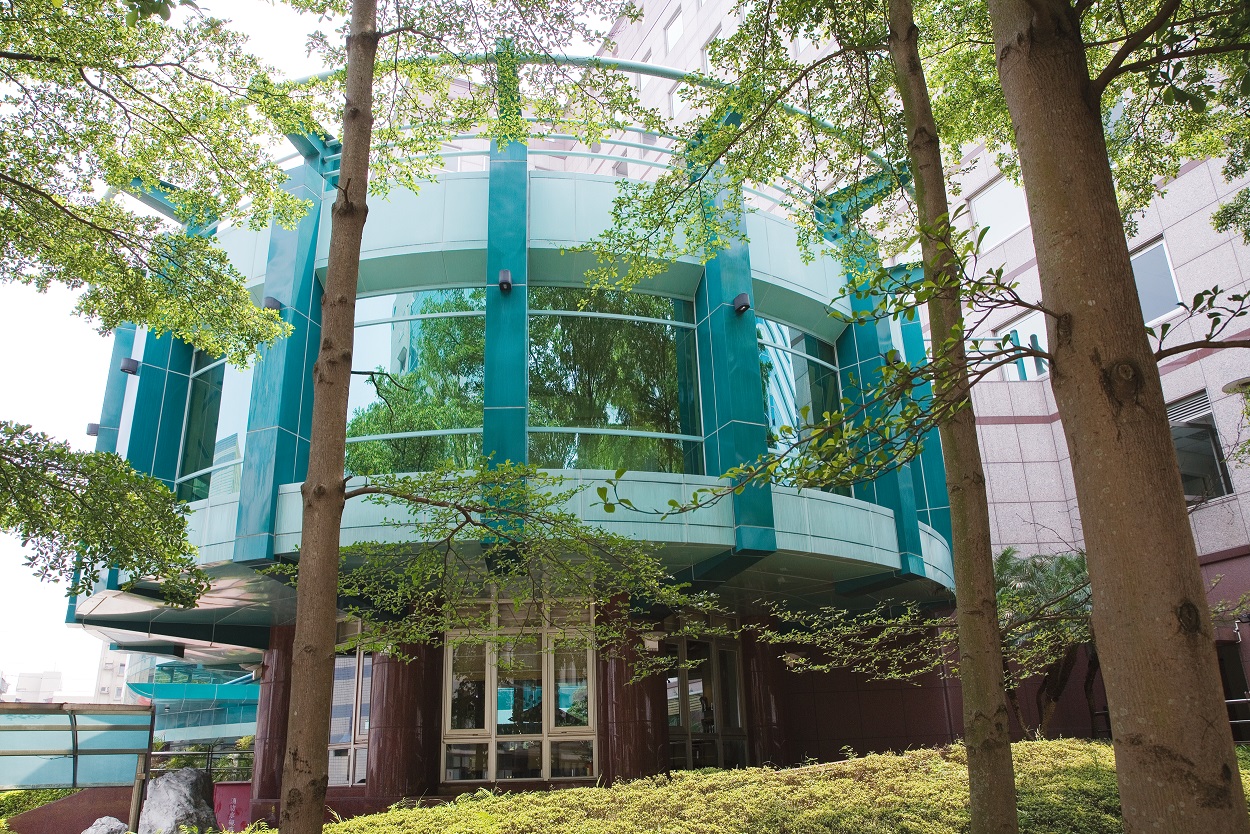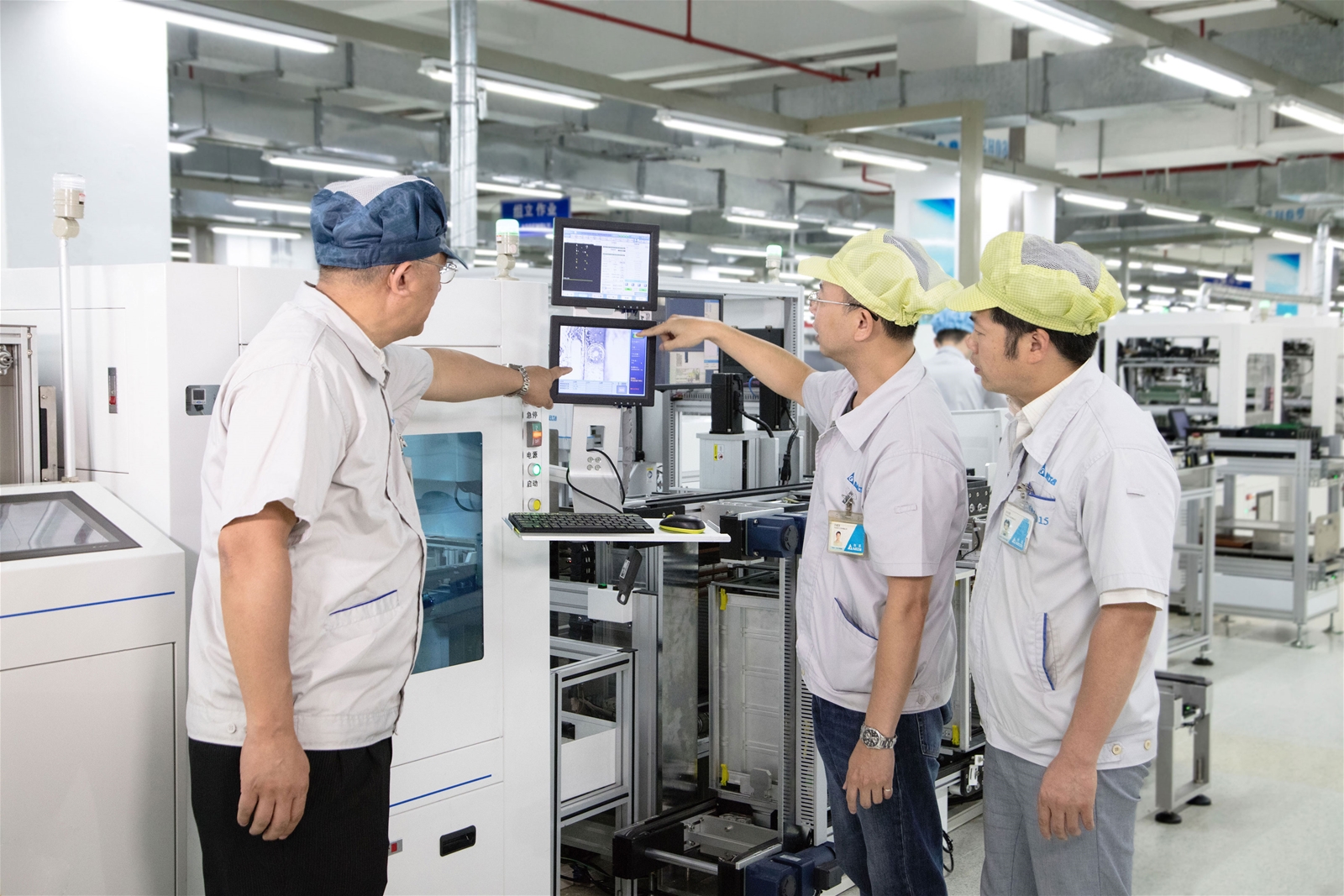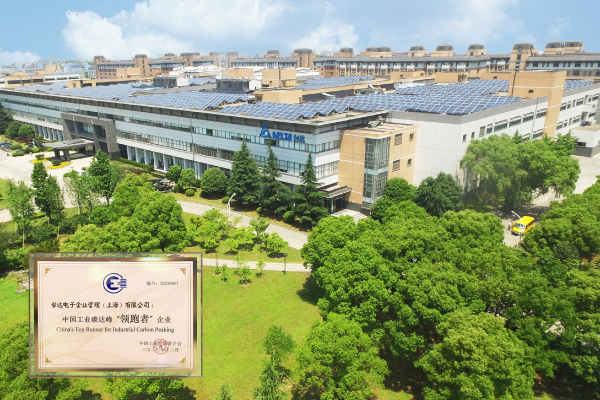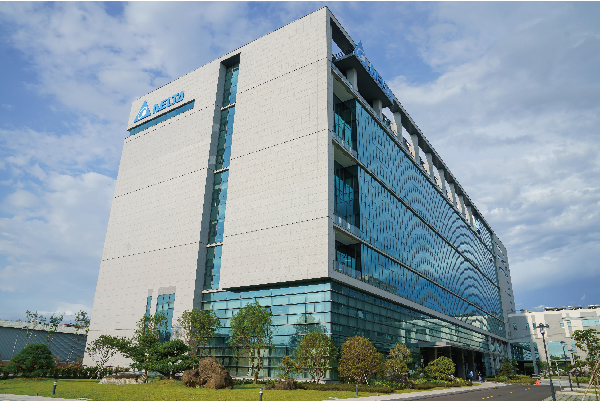In recent years, corporate sales units must have been deeply impressed by the increasing demand for corporate ESG audit and investigation from the clients throughout the world. In case of failure to meet clients’ requirements, their orders placed with Delta may be affected.
In response to climate change, Delta has long concerned about the development of a variety of international sustainability initiatives. It signed the “We Mean Business” initiative in 2015 to commit to fulfilling the international initiative by achieving “autonomous carbon reduction”, “disclosure of climate change information” and “climate policy participation” on the climate change issue, establishing Science Based Targets (SBT) and disclosing the Task Force on Climate-related Financial Disclosers (TCFD) in the annual financial statement (note 1). Furthermore, Delta was more active in its commitment to EV100 in 2018 and RE100 this year in order to link up with international trends, specifically map out the future of Delta’s Strategic blueprint for ESG and go step by step to apply it to corporate operating. The purpose of all the years of efforts is to be well-prepared for facing respective stakeholders.
Commitment to SBT to take up the challenge of submission of a scientific approach within two yearsWhile echoing the needs of these international initiatives, Delta has often played a role as a pioneer. Whether it is methodological
analysis or virtual actualization, every step taken by Delta has been very discreet with sturdy efforts.

Delta is the first one in Taiwan and 87th company in the world to pass SBTi’s review
As making its commitment to SBT, Delta had to follow the requirements to submit its science based carbon reduction approach within two years, i.e. to meet the target of no more than 2℃ of global warming, Delta should assume the carbon reduction quota required for an enterprise. However, the Science Based Targets Initiative (SBTi) did not have any specific methodology at first. The difficulties encountered by the team included there was no precedent to follow, and the team did not know how to do it. As such, cooperation with external consultants and continuous study and analysis of the scientific approach were adopted.
It was not until 2017 that SBT proposed seven approaches. Delta selected one of them – Sectoral Decarbonization Approach (SDA), in which a concerted absolute carbon reduction range was set up based on the companies of the same industry, followed by calculating Delta’s carbon reduction quota according to the allocation of the carbon reduction responsibility to be taken by Delta. With the determination of the management team for “doing what was said” and the support of input of more sources, Delta finally passed SBTi’s conformity review at the end of 2017, with which 2014 was set as the base year and the target was set to be a 56.6% reduction in carbon intensity by 2025. As a result, Delta turned out to be the first one in Taiwan and the 87th company in the world to pass SBTi’s review.
Meeting major clients’ concern for sustainability, Delta makes deployment beforehand to secure its business opportunitiesAll of the above have also served the purpose for global business deployment beforehand, so as to secure business opportunities. For a practical example, a Delta’s important brand client hoped that all of the suppliers could meet its ESG requirements in phases when managing its supplier chain in 2018, with which the final 5th phase was to pass the SBT review. Given that Delta already passed the SBT review in 2017, the client knew Delta’s pass of the 5th phase when coming to make a request and investigate. Hence, by using the common platform and common standard of SBT, both sides could have seamless connection. It greatly helped Delta communicate with the client and further grab hold of business opportunities.

Delta echoed international initiative, deployed ESG beforehand and had seamless connection with major brand clients, which greatly helped communication and business opportunities between both sides
In the same year, another big brand client approached Delta’s branch in Japan, wanted to audit Delta’s commitment to carbon reduction target and expressed its intention to thoroughly understand how Delta made it to achieve SBT. As such, the team of the sustainable
development office traveled to its Japan branch to present three briefings for the client and report on the actual items, reinforcing both sides’ partnership. On the other hand, it made the client more confident in Delta. Later, the client awarded a specially established “supplier environment prize” to Delta to encourage and recognize Delta’s long-term contribution to environmental sustainability.
Team efforts to fulfill energy conservation and carbon reduction, achieving the SBT phase target for three years in a rowDelta has devoted its efforts to achieving its goal of energy conservation from three dimension of product/solution scheme, production and green architecture. While introducing green designs to its products and continuously improving its product efficiency, Delta has also promoted green product labeling and product carbon footprint accreditation. For production energy conservation, Delta has set up an energy management panel to proceed with cross-inspection and experience learning and aggressively develop innovative energy conservation and carbon reduction technology. At the same time, the panel has also introduced its self-developed energy online monitoring system to effectively grasp real-time information and transform energy conservation on production and equipment, so as to attain the goal of carbon reduction.

Delta achieved the SBT phased carbon reduction goal for three consecutive years and the intensity of major plants’ electricity consumption dropped by 32% in 2020 compared to the base year of 2014
In addition to practical efforts to save energy and reduce carbon, Delta has also continued to expand its solar photovoltaic system at its plants and increase the use of renewable energy by purchasing renewable energy vouchers and directly buying green electricity. It contributed Delta’s achievement of the SBT phased carbon reduction goal for three consecutive years (2018 to 2020). The intensity of electricity consumption of Delta’s global major plants dropped by 32% in 2020 compared to the base year of 2014.
Delta has long been dedicated to playing the role as a world-class corporate citizen. In the face of the issues related to climate change and global warming, Delta took the lead to give its autonomous commitment and put forth its aggressive carbon reduction goal. With the practical experience and outcome committed to SBT, Delta has used the science based approach to gain a toehold in energy conservation and carbon reduction, make headway towards carbon neutrality (note 2) and usher in the new phase challenge of RE100 deployment.




















